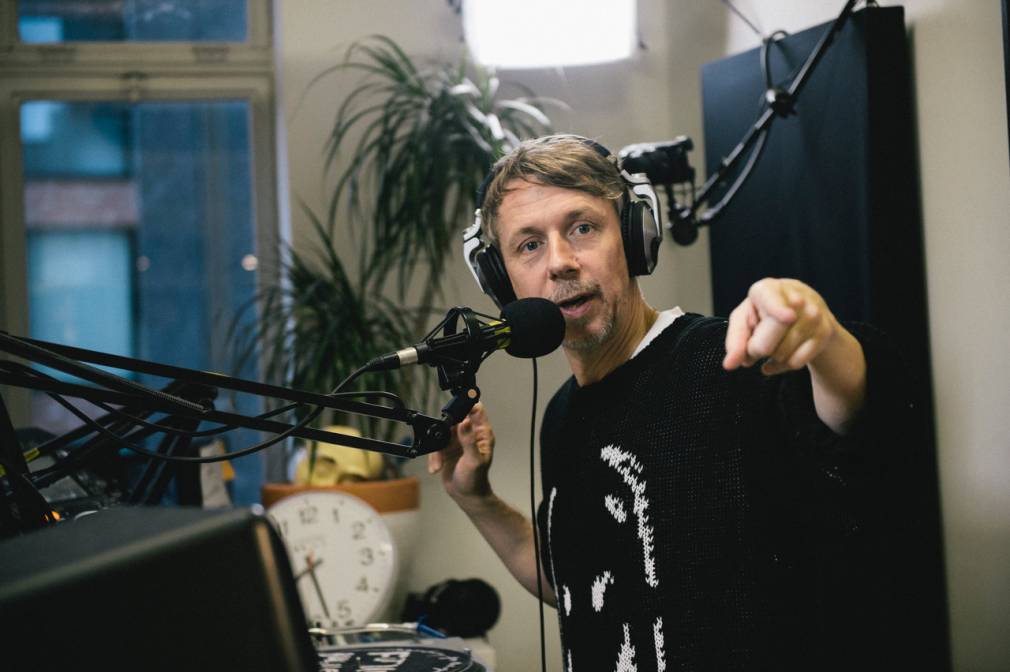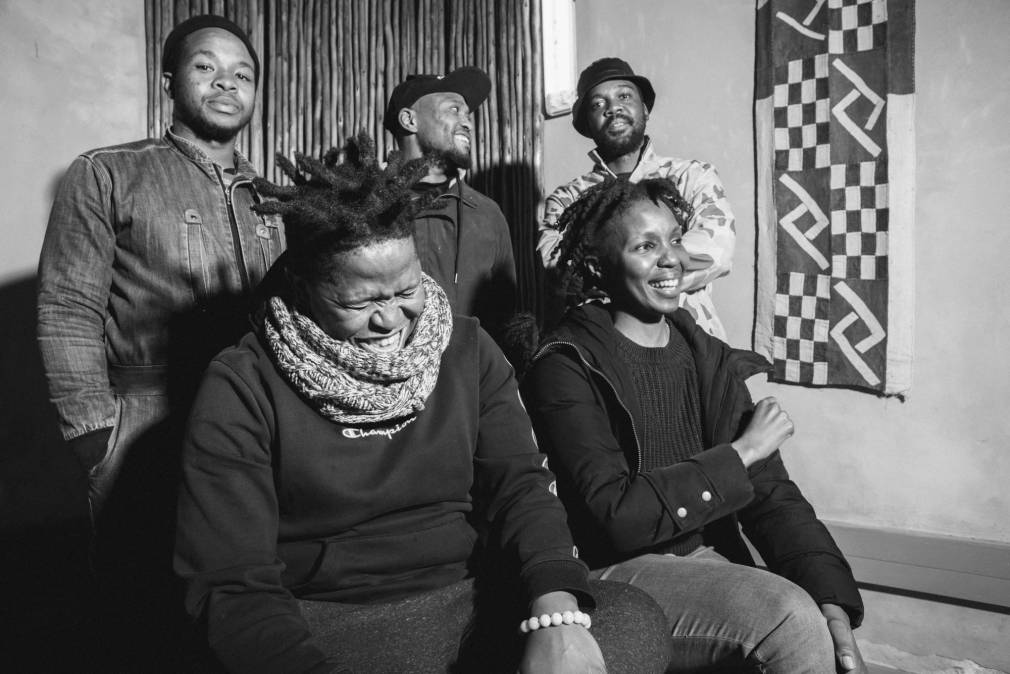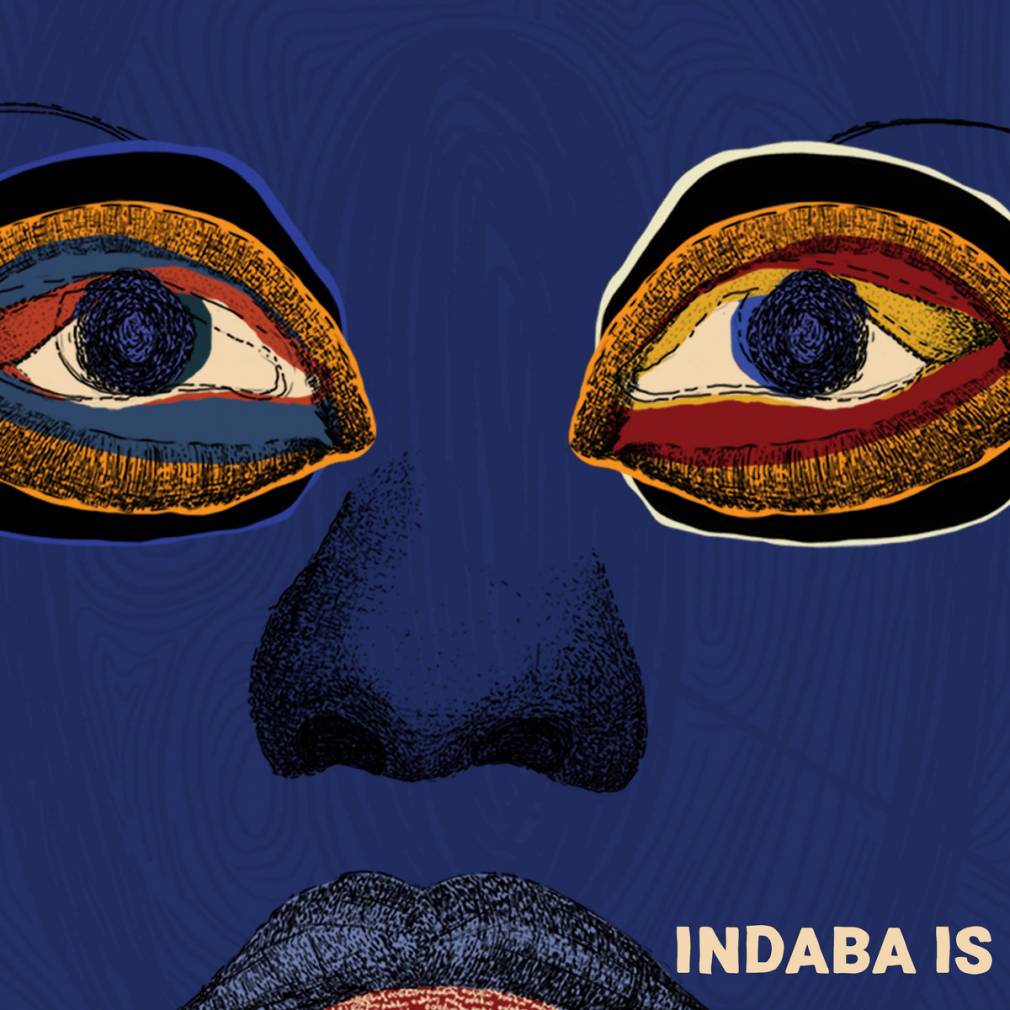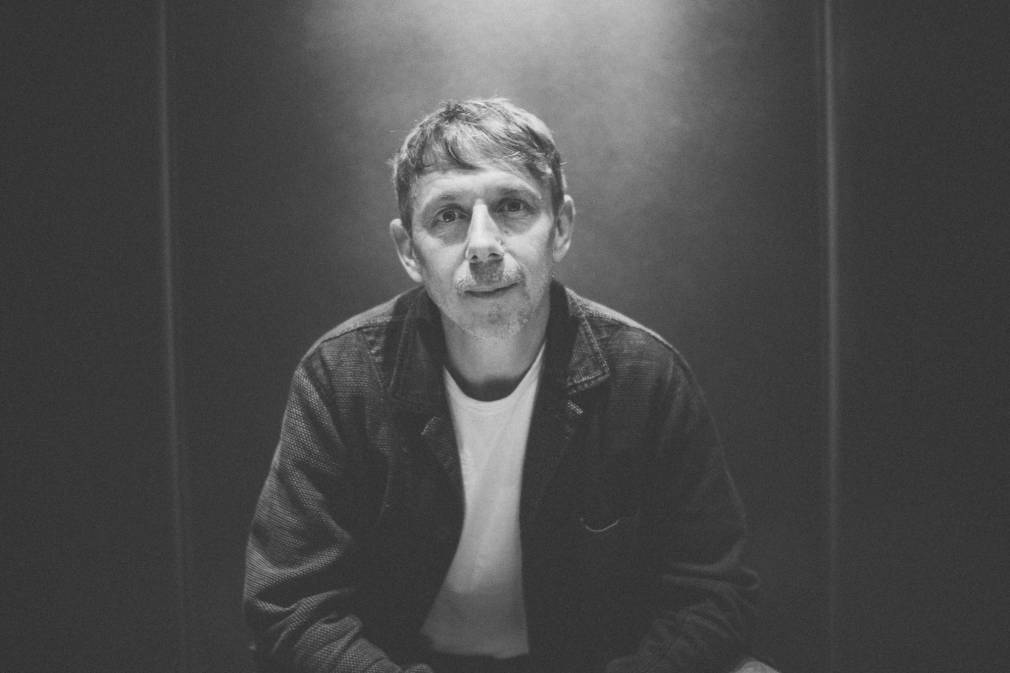Gilles Jérôme Moehrle, better known as Gilles Peterson, is a busy man. Impresario, broadcaster, and label boss, his current company Brownswood is the latest chapter in a story that began with iconic labels Acid Jazz and Talkin’ Loud. His omnivorous curiosity for music is legendary with Peterson famously moving out of his North London home to make room for an ever expanding collection of approximately 50,000 records. Since 2016 this walk-in record collection has also housed Worldwide FM the award winning internet radio station Peterson launched with Boiler Room co-founder Thristian Richards to broadcast global music to a global audience. Meanwhile for his appointment to listen- three hour Saturday afternoon show on BBC 6 Music, Peterson has the rare dispensation to play whatever he fancies, with a typical set joining the diasporic dots between say tropicalia, afrobeat and astral-jazz.
All this is a long way from Peterson’s roots as a South London pirate radio enthusiast recording a radio show to cassette in his garden shed and broadcasting it via a clandestine transmitter on a nearby hill. Born in the Normandy town of Caen to a French mother and a Swiss father, Gilles moved to the UK as a child and transferring from the French lycée to an English school found the best way to fit-in was to join a musical subculture. For Gilles this fraternity was jazz, the DNA of which would lead him to discover African music.
Speaking via phone from Brownswood HQ, Gilles takes up the story of the record that got him started with sounds from the continent. “I remember I bought a copy of Hugh Masekela and Herb Alpert’s live album. It was a cut-out (a remaindered LP where a corner of the cover is punched out) that you’d see around everywhere for 50p. You’d go in every OurPrice and they wouldn’t have any other imports but they’d have that. So you might have assumed it would be naff, but I bought it and thought it was amazing! It features Jonas Mosa Gwangwa on trombone who died on 23rd January so I went back to it recently and found it’s still really kicking!’ From here Gilles’ African collection grew and he soon realised that having the records in his box that other club DJ’s didn’t would be the key to setting himself apart:
“The next record that really stood out and sort of changed my life was ‘Roforofo Fight’ by Fela Kuti.”
I remember going to The Electric Ballroom in Camden and hearing that and it completely smashed me. It had all the best bits of everything – the Art Blakey ‘Orgy of Rhythm’ drum sound, the horns, the Fender Rhodes, the sleeve, one song for one side. Everything about it was miraculous. And I must admit a lot of us DJs lived off Fela for years! When other DJs were playing James Brown If you wanted to be one step ahead and take it to another level, then Fela was it. It took a long time for me to find something that could be as powerful as Fela.”
During the nineties Gilles crafted his sound with shows on Invicta, Kiss and Jazz Fm with another lightbulb moment occurring when he heard Mulatu Astatke in Soul Jazz records in Soho. An epiphany he describes as “a critical and incredible moment” that would inform how he would curate his radio sets. “It’s all about context, the when and where of how you hear something’ reasons Gilles ‘Previously the place where I’d hear African music in context was on Radio Nova in Paris or on French radio stations when I was on holiday or visiting my Grandmother in France. You’d hear Salif Keita in the mix with other stuff. It wasn’t thrown away in the corner. It was mainstream music.”

This refusal to ghettoise music and the deep dive into detail such as the personnel on a record go some way to explaining why Peterson is so engaging on radio. In conversation this excitement proves just as catching. “I remember being in Tokyo and shopping in Disk Union in Shibuya, Gilles begins. I was jet lagged and up at 6am so I was the first one through the door. It’s quite a small shop and I’m in there going through the records and the guy plays ‘Love and Death’ by Ebo Taylor and I’m like Oh my god! this is the best record I’ve ever heard (again) I’ve got to have this! I remember saying to the guy ‘how much?’ and he says ‘it’s not for sale, it’s my copy’ and I’m like (laughing) you can’t do that!”
As a collector Gilles is addicted to this chase and his favourite record shops include Superfly Records and Betino’s in Paris. Peterson also acknowledges the reissuing work done by labels such as Awesome tapes from Africa, Soundway and Analogue Africa who’ve shown “there’s so much more beneath the grass by helping open the door to local scenes.”
Indaba is
Which brings us to Indaba Is released on 29th January. Recorded near Johannesburg in just five days the album is made up of features and a supergroup of sorts featuring members of arts collective The Brother Moves On and The Ancestors. Speaking to me from Johannesburg one of those features and a creative director on the project Thandi Ntuli explained how the Joburg scene birthed this eclectic album which takes in jazz, improvised music and afro-Futurism.
“It’s a very ripe time for a project like this to be coming out of South Africa. The world hasn’t really picked up much on what is happening post the apartheid story. I’ve found a lot on my travels that the consciousness around South Africa and what is happening in our country is around that era. Even musically people are focussed a lot on that era and a lot of the developments post 94’ – the evolution of our culture, music and our narrative hasn’t been embraced on a global scale.”
For Ntuli and her fellow creative director on the record Siyabonga Mthembu, the hope is that Indaba Is will encourage listeners to delve deeper into the myriad music of South Africa. An artist to watch in her own right who has collaborated with Bongo Maffin’s Thandiswa Mazwai, Ntuli who contributes piano and vocals to the album found the experience of working with Brownswood very positive.
“One of the things I appreciate about Brownswood is it’s a group of music fanatics from the owner of the label right down to every single person working there’ she enthuses on our zoom call”.
And on the timeliness of the album Thandi further notes:
“With the Black Lives Matter protests that erupted all over the world last year, the recording industry went through some self reflection. What I appreciate about Brownswood was they went back to the drawing board and rethought the initial deals they had for their artists. They didn’t make much of a noise about it which I also appreciate because it felt very genuine. For me it represents moving in the right direction in terms of fixing some of the issues in the past. They are a team of mostly women, very diverse, and have a very collaborative style of working on things.”
When I feed this back to Gilles he agrees with pleasure: “That’s more important to me than having a spotify hit. That’s why we do it. Brownswood is an absolute labour of love. We never had a business plan and what’s wonderful is we’ve got a bit of a catalogue now and we’re employing 8 people. We’re into Artist Development in a traditional way.”
Paying attention to new scenes and new artists has paid off with Indaba Is receiving excellent reviews: ”There’s a moment when a certain “ness” comes out of a music that really resonates with people” says Gilles on this South African success story. It’s the same with Brazillian music, there’s a moment when you just want to hear samba and only that will do”.

So what next (apart from more records) for Gilles Peterson?
In 2006 the Normandy born DJ created The Worldwide Festival in the Occitan port city of Sète, the 2021 edition of which is currently scheduled for 2nd to 10th July. Then back in the UK an impressive lineup has been scheduled for We Out Here (19th-22nd August) a festival inspired by the 2018 Brownswood compilation of the same name celebrating homegrown talent. Like many event producers planning during a global pandemic, Gilles and his team are working hard and hoping these events “have a shot.” Peterson is also the subject of a new book Lockdown FM published at the end of March chronicling the stories behind the radio shows he broadcasts during the long lockdown of 2020. Stories like records are not something Gilles is short of, and far too soon our befitting 45 minutes (45rpm is the speed at which a 7 inch single is also played) are up. However, before signing off the superstar DJ treats me to one final anecdote summing up the value he puts in music.
“So I had this Japanese kit car. It was just a Nissan Micra engine but it looked like a Jag with a funky body and it was a real neck turner. Electronic musician Floating Points really liked this car and he had this 7 inch single version of ‘Amazonas’ by the Brazillian keyboardist João Donato that I was convinced! It was different to the album version I already had. So on a whim I gave him the keys and we did a swap. I was really pleased for a minute then I went and did a bit more research and listening and realised the only difference was this single version was a little bit louder than the one I already had. I don’t think that one was a particularly good deal for me.”
Indaba Is, available via Brownswood Records.





